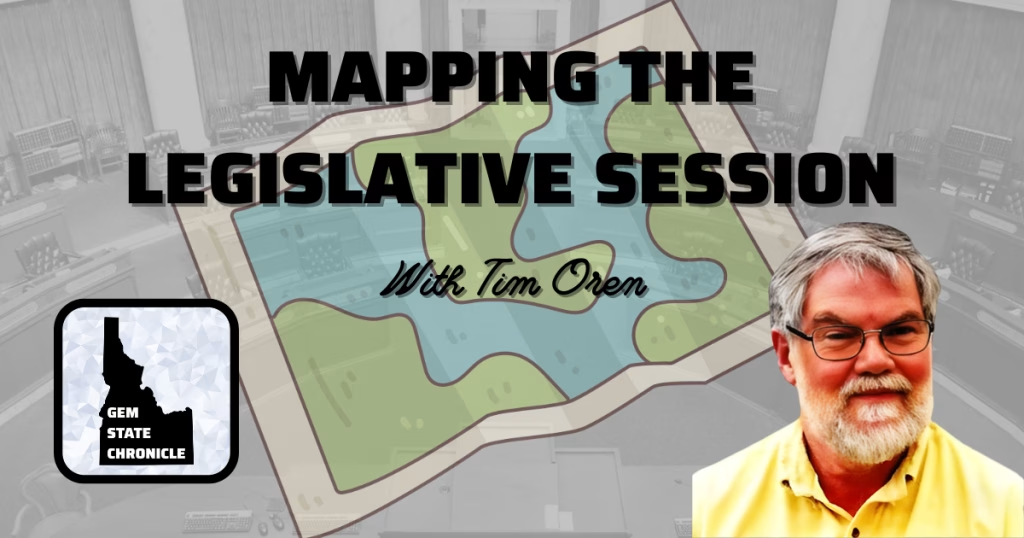There’s a scene in the 2012 film Lincoln, directed by Steven Spielberg and written by Tony Kushner, in which President Abraham Lincoln attempts to explain to radical Republican Congressman Thaddeus Stevens why he couldn’t simply outlaw slavery with a stroke of a pen prior to the Civil War. Had he attempted to do so, Lincoln explained, then all the slave states would have seceded, the war would have been lost, and slavery would have remained intact, if not strengthened.
There are a lot of good people in politics who have a passion for doing the right thing. They understand their own “true north” and stay laser focused on that goal. However, achieving victory in politics also means being adept at navigating the byzantine maze of politics and bureaucracy that is necessary to arrive at that goal. As Lincoln said in the scene:
A compass, I learned when I was surveying, it’ll point you true north from where you’re standing. But it’s got no advice about the swamps, deserts, and chasms that you’ll encounter along the way. If in pursuit of your destination you plunge ahead, heedless of obstacles, and achieve nothing more than to sink in a swamp, what’s the use of knowing true north?
A lot of people in politics are like Thaddeus Stevens — laser-focused on righting wrongs, whether regarding abortion, taxes, the size and scope of government, fixing public schools, etc. Having an uncompromising moral stance is admirable, but it’s not enough. Like the fictional version of Lincoln said, knowing your true north is useless if you fall in a swamp on your way there because you took no heed with how to actually make the journey.
Moral clarity is not enough. Courage is not enough. We need savvy operators who not only have moral clarity, but also the knowledge and skills to turn those moral principles into policy wins. A good representative must know what is right, and they must have the ability to implement what is right in the form of policy. Oftentimes, people mistake disagreements about strategy as disagreements about principles.
Remember that John C. Fremont, as military governor of Missouri in the early days of the Civil War, issued an emancipation proclamation freeing all the slaves in the state. Lincoln not only forced him to rescind it, he fired Fremont for going beyond his authority. I’m sure many abolitionists looked at Lincoln’s actions and considered him a sellout, a hypocrite, a man lacking the courage to do what was right. Yet Lincoln persevered. He issued his own Emancipation Proclamation in 1863, applying it only to the states in rebellion, and then supported the 13th Amendment to the Constitution which finally abolished slavery for good.
As we approach the first regular session of the 68th Idaho Legislature, remember that our lawmakers need both courage and wisdom. Just because they don’t get everything you want to see accomplished on Day 1, doesn’t mean they’re sellouts or RINOs or whatever. That doesn’t mean we shouldn’t stay vigilant and keep the pressure on — I’ll do my part to bring you the day by day, hour by hour story from the Capitol. Our representatives will be hearing a lot of voices in their ears telling them what they should do, so make sure yours is one of them.
Gem State Chronicle is a reader-supported publication. To receive new posts and support my work, consider becoming a free or paid subscriber.
About Brian Almon
Brian Almon is the Editor of the Gem State Chronicle. He also serves as Chairman of the District 14 Republican Party and is a trustee of the Eagle Public Library Board. He lives with his wife and five children in Eagle.













